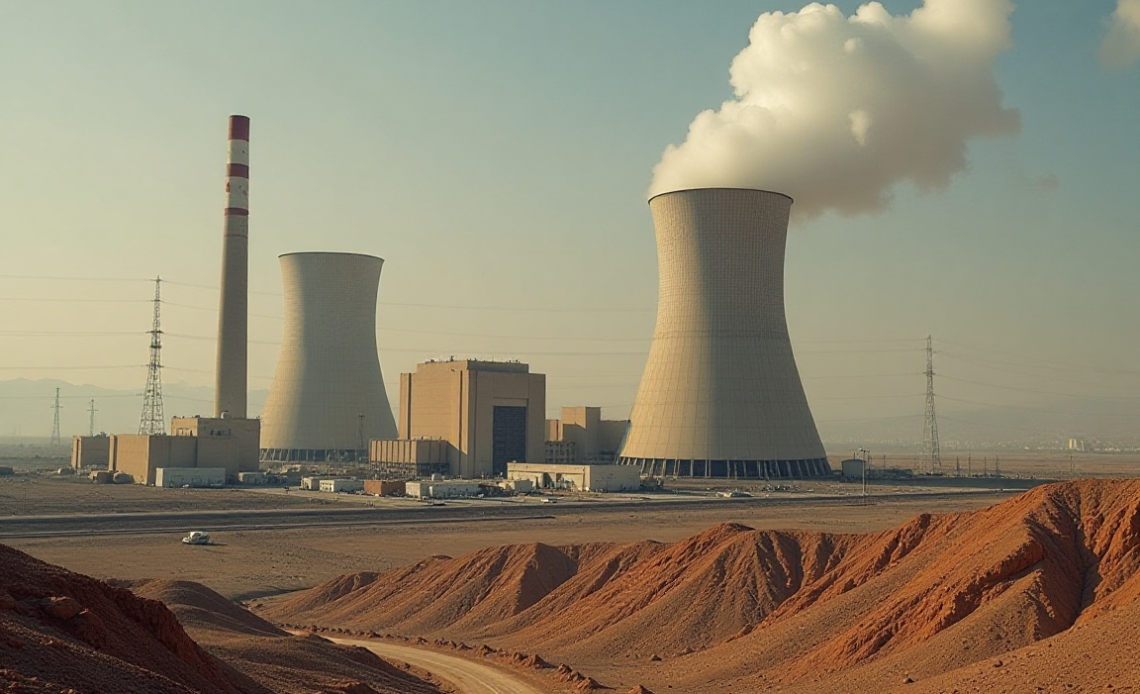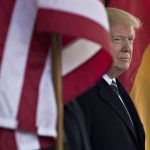Ayatollah Ali Khamenei, Iran’s Supreme Leader, asserted on Wednesday that halting uranium enrichment is definitively against the nation’s interests, according to a Reuters report.
This is a complete rejection of a key demand from the US during negotiations aimed at resolving the long-standing disagreement surrounding Tehran’s nuclear aspirations.
A fresh US nuclear agreement proposal was conveyed to Iran on Saturday through Oman.
Oman has been instrumental in facilitating discussions between Iranian Foreign Minister Abbas Araqchi and Steve Witkoff, President Donald Trump’s representative for the Middle East.
Fruitless negotiations
Despite five negotiation rounds, significant disagreements persist. Iran remains firm on its right to enrich uranium domestically and resists shipping its entire stock of highly enriched uranium, a potential source for nuclear weapons, overseas.
Despite the ongoing talks, Iran’s Supreme Leader Khamenei, who has the final say on all matters of the state, criticised the US proposition.
He argued that it ran counter to Iran’s commitment to self-sufficiency and the “We Can” philosophy. Notably, Khamenei did not suggest ending the negotiations.
In a televised address commemorating the death anniversary of Ayatollah Ruhollah Khomeini, the founder of the Islamic Republic, Khamenei stated:
Uranium enrichment is the key to our nuclear programme and the enemies have focused on the enrichment.
He added:
The proposal that the Americans have presented is 100% against our interests…The rude and arrogant leaders of America repeatedly demand that we should not have a nuclear programme. Who are you to decide whether Iran should have enrichment?
Iran maintains its position that its nuclear program is solely for peaceful purposes, aimed at mastering nuclear technology for civilian applications such as energy production and medical advancements.
The Iranian government has consistently refuted allegations made by Western nations, particularly the United States and its allies, who suspect that Tehran’s nuclear ambitions extend to the development of nuclear weapons.
Despite facing international scrutiny and sanctions, Iran asserts its right to pursue nuclear technology within the framework of international agreements and under the oversight of the International Atomic Energy Agency (IAEA).
This ongoing tension has been a persistent feature of international relations, marked by diplomatic negotiations, economic pressures, and concerns about regional security.
US pressure
On Monday, media reports claimed that Tehran was expected to dismiss the US proposal.
Sources indicated to Reuters that Iran viewed it as unacceptable, as it did not ease Washington’s position on uranium enrichment or adequately address Iran’s concerns.
Since resuming the presidency in January, Trump has reinstated his “maximum pressure” strategy against Tehran.
This campaign involves intensifying sanctions and issuing threats of bombing Iran should negotiations prove unsuccessful.
Trump aims to prevent Iran from developing a nuclear weapon, which could escalate into a regional nuclear arms race and potentially endanger Israel.
Simultaneously, the Iranian religious leadership seeks relief from crippling economic sanctions.
During Trump’s previous presidency, he withdrew from the 2015 nuclear agreement with Iran and other world powers, subsequently reinstating sanctions that severely damaged the Iranian economy.
In retaliation, Iran significantly increased its uranium enrichment activities, surpassing the restrictions outlined in the original accord.
Iran’s clergy faces several crises exacerbated by Trump’s policies: energy and water scarcity, a collapsing currency, militia losses against Israel, and growing fears of Israeli nuclear strikes.
Israel, considering Iran’s nuclear program a direct threat to its existence, its long-standing adversary, has frequently voiced the possibility of military action, specifically bombing Iranian nuclear sites, to prevent them from developing nuclear weapons.
The post Iran rejects US nuclear offer as uranium standoff deepens appeared first on Invezz







